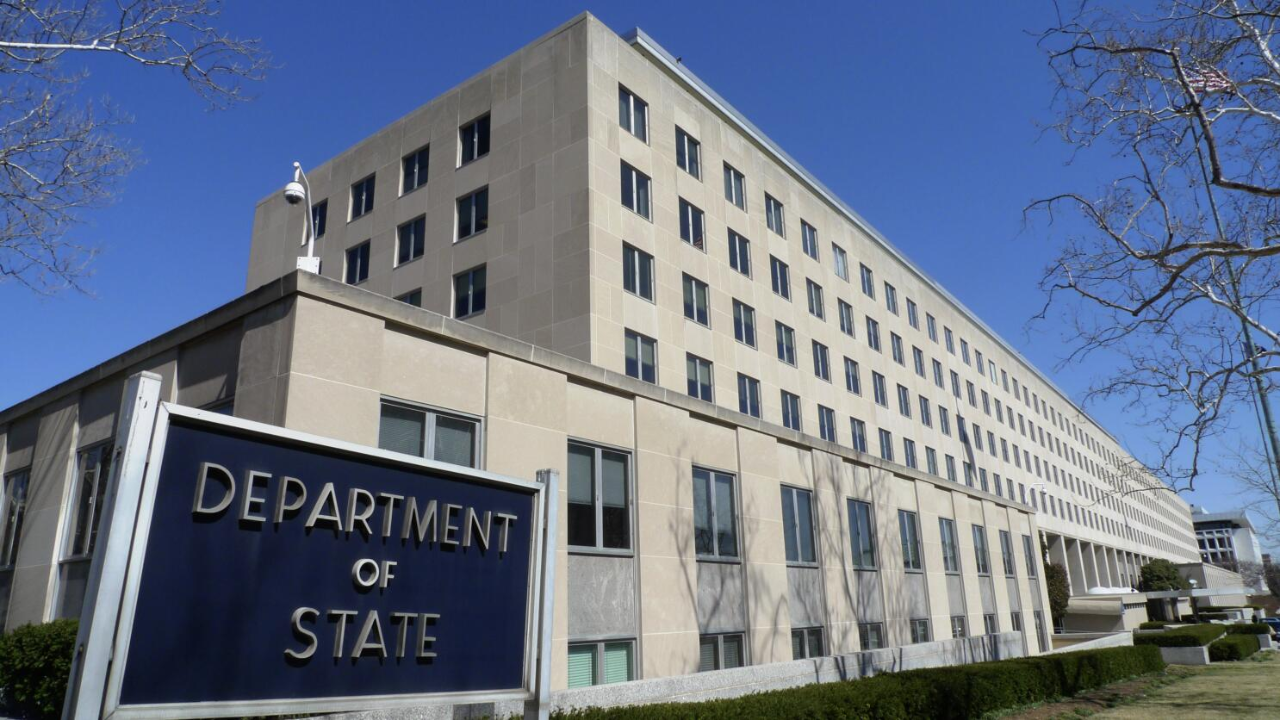In a move that has sparked considerable debate, 49 white South Africans have made the journey to the United States after former President Donald Trump offered them refugee status.
The group’s departure marks a significant moment in both South African and American immigration history. These individuals were reportedly fleeing what they described as violent attacks and systemic discrimination in their home country.
The controversial offer, first made by Trump during his time in office, has raised questions about race, immigration, and the broader political climate.
The refugees, who represent a small fraction of the broader South African population, left under the terms of a special arrangement that provided them with immediate entry to the U.S.
The process, which bypassed some of the usual immigration requirements, has triggered a flurry of political discussion.
While supporters argue that the refugees were simply seeking safety from racial violence, critics contend that the move was politically motivated and questioned the validity of such claims, suggesting that the decision was more about stirring up controversy rather than addressing genuine needs.
Trump’s offer to white South Africans was made in the context of ongoing debates about the treatment of white farmers in South Africa, many of whom had been affected by violent land disputes and farm attacks.
This issue became a key talking point for Trump and some members of the American far-right, who have long supported white South African farmers’ claims of persecution.
However, the reality on the ground in South Africa is more complex, with multiple factors contributing to the tensions, including economic challenges, historical land reforms, and the country’s broader racial dynamics.
The group of refugees arrived in the U.S. amid heightened concerns over the country’s immigration policies, which have been a contentious issue for many years.
While their journey was framed as a victory for those seeking protection, it is also seen as a symbol of the deeper divides in both South African and American societies.
For some, the move underscores the complexities of refugee and asylum laws, particularly when the individuals involved are not part of the traditional refugee populations that often face displacement due to war or political upheaval.
Despite the controversy, these 49 individuals are now beginning new lives in the U.S., where they will seek to integrate into local communities.
Their story, however, is far from over. The long-term impact of this refugee status offer remains uncertain, and many are questioning what this could mean for future immigration policies, especially in relation to individuals who might seek refuge for political, racial, or economic reasons.
As the debate continues to unfold, it is clear that the arrival of these refugees in the U.S. is part of a larger conversation about race, immigration, and international relations.
For now, the focus is on their resettlement and whether they can successfully rebuild their lives in a country that is increasingly divided on immigration issues.






